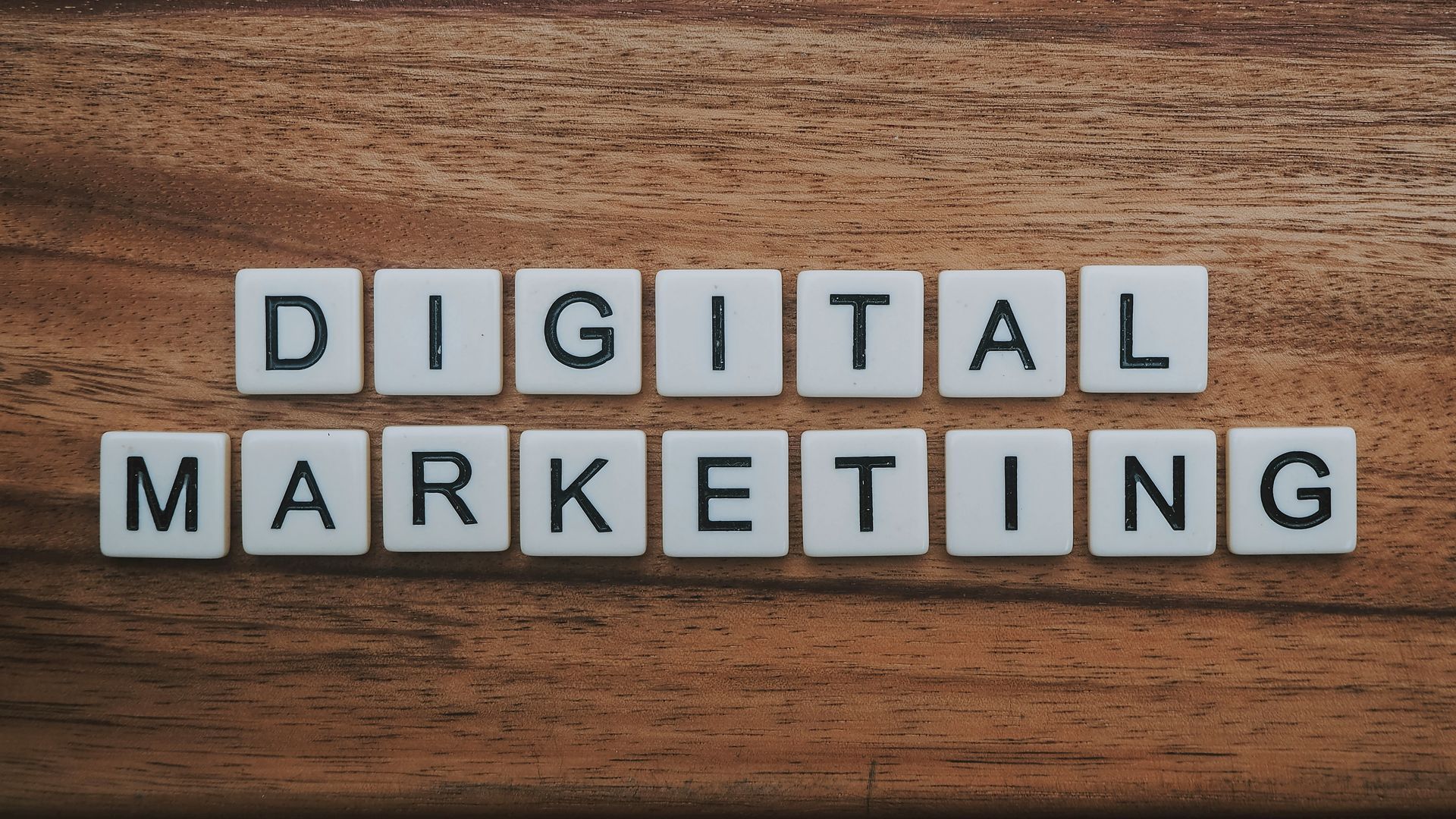4 Reasons Why Marketing is Crucial for Businesses

All businesses, regardless of their industry, benefit from marketing. Whether it's a consultancy firm or an online store, effective marketing can be the difference between a successful venture and one that lags behind. In this article, we’ll explore four reasons why marketing is essential for businesses and how it can contribute to their growth and success.
Increasing Brand Awareness and Building Brand Identity
One of the primary goals of marketing is to strengthen a strong brand identity and increase brand awareness. Whether you run a window cleaning company or an e-commerce store, it’s crucial that people get to know and trust your business. Effective marketing campaigns help create a positive impression with potential customers, ensuring that they choose your business when they need a product or service.
Strategic marketing techniques, such as social media, email campaigns, and content marketing, can make your brand visible to a broader audience and help establish a solid brand identity. By consistently presenting your brand’s message, you build trust and familiarity, positioning your business as a trusted provider in your industry.
Generating Leads and Attracting Customers
Generating leads and acquiring new customers is a vital component of marketing. Every business needs new customers to grow and increase profits. Marketing plays a key role in identifying and reaching potential customers who may be interested in the products or services you offer.
Through targeted ads and promotions, marketing campaigns attract potential customers and persuade them to choose your business. Providing relevant and engaging content that speaks to the needs and interests of your target audience—both online and offline—is essential. Effective lead generation ensures that your sales funnel stays active, driving ongoing growth.
Gaining a Competitive Advantage
In a competitive market, standing out from the competition is essential. Marketing helps position your business as the best in your industry and achieve a competitive advantage. Whether your business excels in exceptional customer service or fast delivery and quality products, marketing helps communicate your unique value proposition to your target audience.
By using strategic positioning, branding, and marketing communication, you can ensure that potential customers choose your business over your competitors. Highlighting your business’s strengths through well-executed marketing efforts solidifies your position in the marketplace and builds customer trust.
Improving Customer Relationships and Retention
Marketing isn’t just about attracting new customers; it also focuses on retaining existing ones. Customer retention is much more cost-effective than acquiring new customers. Marketing techniques such as email marketing, customer satisfaction surveys, and personalized offers help strengthen customer relationships and increase customer loyalty.
Whether it’s a business maintaining regular contact with customers to ensure their satisfaction or a store offering exclusive discounts to loyal customers, marketing plays a crucial role in long-term customer retention. By nurturing relationships with your existing customers, you increase their lifetime value and create brand advocates who are more likely to recommend your services to others.
Marketing is an essential tool that helps businesses grow, attract new customers, and maintain strong relationships with their existing clients. Whether you’re building brand awareness, generating leads, or improving customer retention, effective marketing strategies can set your business up for long-term success.
ALL OUR OTHER NEWS:







